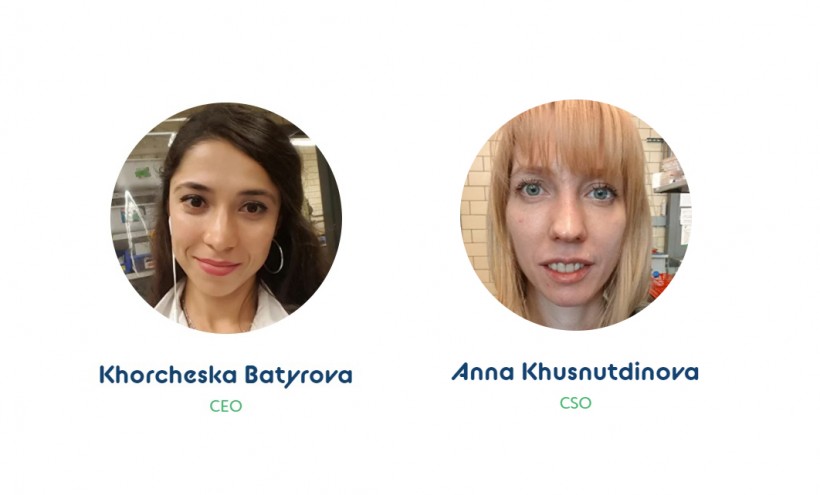OzoneBio is developing a more environmentally friendly form of nylon 66 from “zombie cells” in Sydney, where the company has become the latest to join the Verschuren Centre, the rapidly evolving hub for an emerging biotechnology sector.
The two Russian Co-Founders, Khorcheska Batyrova and Anna Khusnutdinova, have moved their venture from Toronto and will work with Cape Breton’s pulp and paper industry on testing their technology, which uses dead cells from waste products, instead of the live cells more commonly used.
The founders intend to use these zombie cells to upcycle toxic waste into emission-free nylon 66, a high-performance polymer used in auto-making and construction.
The co-founders said the support and facilities at the Verschuren Centre are helping them meet the goals set by IndiBio, the prestigious Silicon Valley-based accelerator in which they are participating.
Staff at the Verschuren Centre move at a swifter pace than those at the Toronto facility they were attending, said Batyrova in an interview from Sydney where the new-arrivals were still in quarantine.
“Everyone in Toronto thinks Toronto is where everything is done and nothing is happening in rural Nova Scotia, but in our experience it’s the complete opposite,” she said.
“The Silicon Valley accelerator is very stressful, operating at a very high speed and performing really fast. …The synergy with Silicon Valley is only possible in Nova Scotia.
“In Ontario, people told us to relax and breathe deeply. But Beth Mason {of Verschuren} and Paul Richards (of Innovacorp) offered solutions. They said, ‘Here’s what we have, here are our facilities and options and you can start tomorrow.’”
The founders use dead cell fermentation zombie cells that allow them to convert wastes into high-value products without the expense and complications related to live cell fermentation. The process has been proven in the lab. Now they are preparing a prototype.
The two are friends and colleagues from Moscow and, more recently, academics at the University of Toronto. They started their company in February, after spotting a chance to turn their latest innovation into an independent company.
Predictions for the market value of nylon 66 vary, but forecasters agree the market is growing fast, and is expected to reach a compound annual growth rate of 6 percent within a few years, with demand driven by auto companies that are replacing metals with plastics as they move toward making cleaner vehicles.
The founders’ timeline for getting to market depends on how successful the partnership with the pulp and paper industry proves to be. So far, they have grown their venture with seed funding from indieBio. They are currently talking to investors about raising money and need $250,000 for a 50-litre bioreactor.
The pandemic has slowed the company's progress by limiting access to labs and team-building, but since the move, the pace is picking up and they are currently seeking an “upstream-downstream processing genius” to join their team.
“Many companies have tried to do similar things and used expensive stock and live cells that require lots of attention,” Batyrova said. “We want to become the first in the world to upcycle waste products into emission-free nylon 66.”










